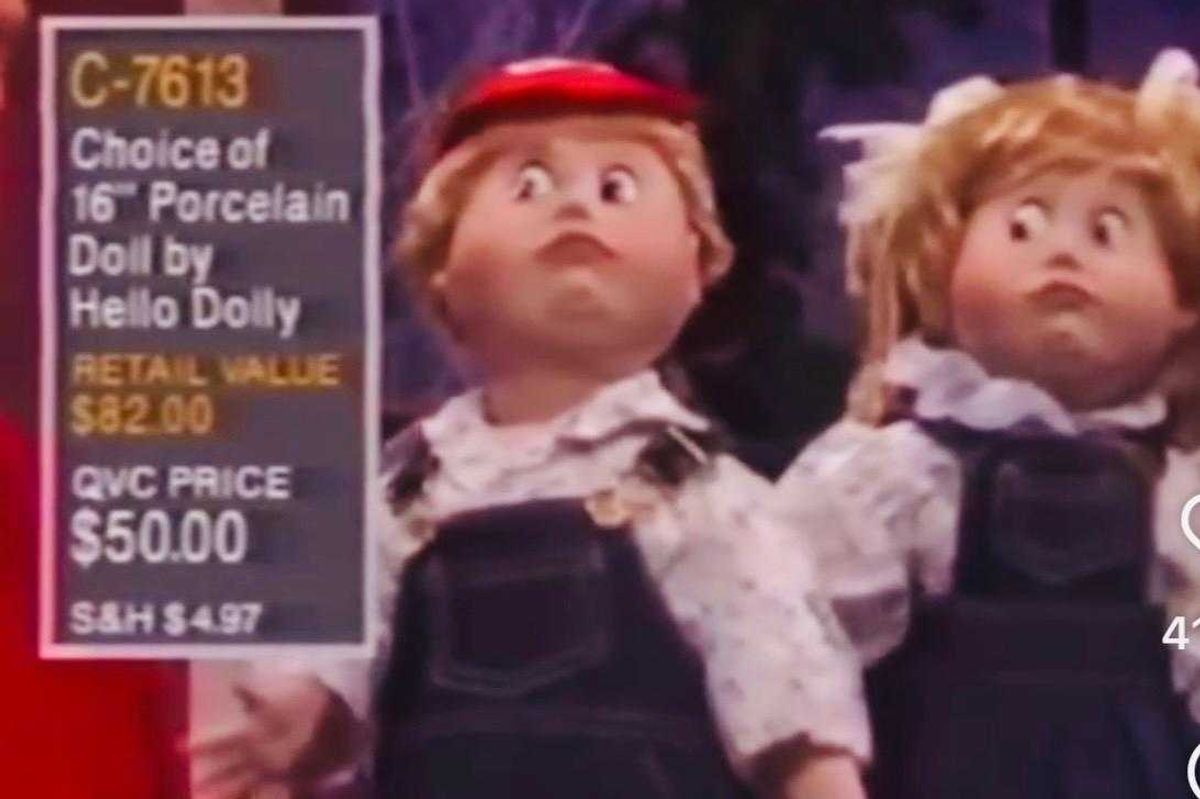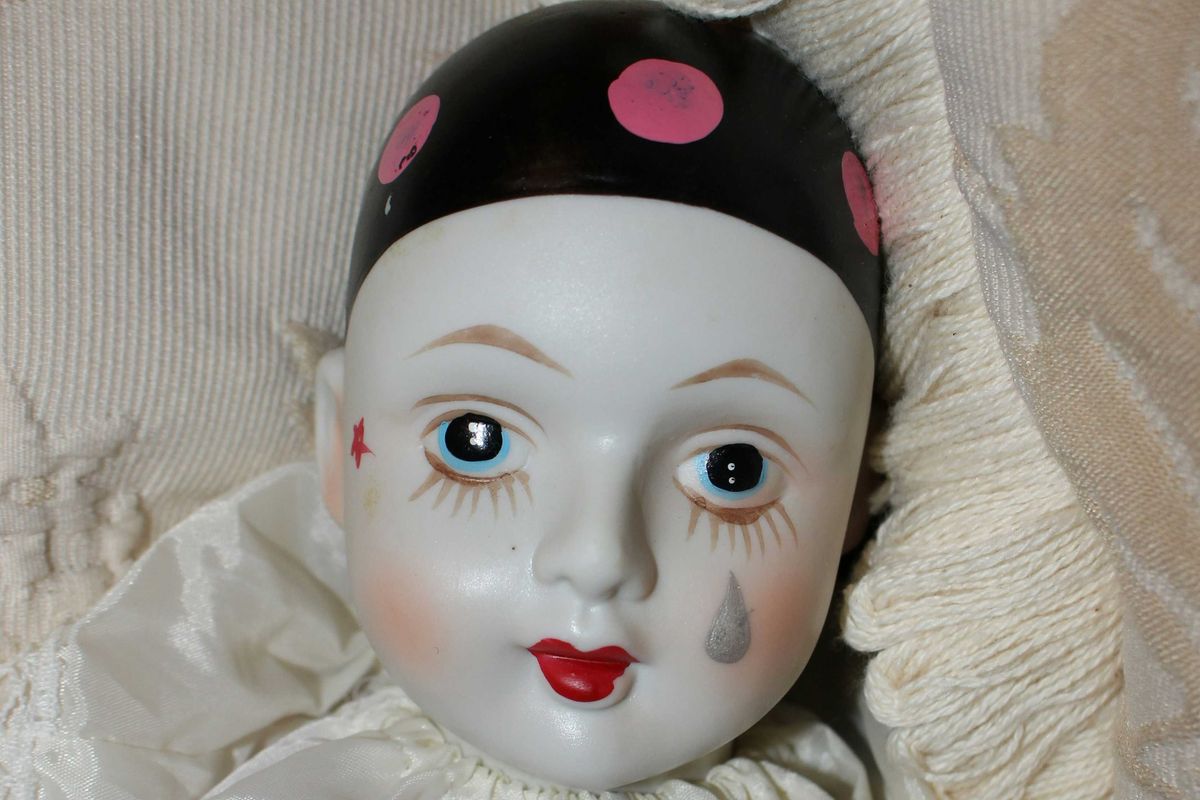Some people think audiobooks don't 'count' as reading. It's time to change that mindset.
'Audiobooks have helped me regain a part of myself I worried was lost. Let people read however they can.'

Let people read however they can.
Not too long ago, it seemed like you could only be loyal to one team—team “physical books” or team “e-readers.” There was no neutral territory.
That debate might have dwindled, but it echoes on as people take a stand on physical books versus audiobooks, which have become increasingly popular—nearly half of all Americans currently pay for an audio content subscription, and the average adult in the U.S. listens to digital audio for a little over an hour and a half each day, 28% of that being spoken word. Audiobooks had a particularly big surge during the COVID-19 pandemic, as listeners found the activity more comforting and satisfying than a regular book while under quarantine.
You’d think that the general mindset would be “reading in any form has great benefits, so do whatever you want!” But alas, humans do find odd hills to die on.
Ashley Woodfolk might know a thing or two about books, being a writer herself, but it's her perspective as a mom that really offers some fresh insight into why audiobooks and traditional books are not mortal enemies.
Woodfolk recently sent out a tweet rightfully boasting a total of 30 audiobooks listened to this year. It’s a number she never thought she would be able to hit after she became a mom.I listened to 30 audiobooks this year. Post-baby, I NEVER thought I'd be able to get through as many books as I used to before I became a mom.
— Ashley Woodfolk (@AshWrites) November 29, 2022
Accessibility is so important. Audiobooks have helped me regain a part of myself I worried was lost.
Let people read however they can.
“Accessibility is so important,” her post concluded. “Audiobooks have helped me regain a part of myself I worried was lost. Let people read however they can.”
Woodfolk was clearly not the only one to feel this way, as her tweet was met with an overwhelming positive response from people who could relate.
“Audiobooks helped me survive as a mom. Hard nights, never ending bedtimes, depression and feeling completely overwhelmed. These helped me hold something for myself and regain some peace,” wrote one mom.
Another added, “Yes, this! After my first was born I read like 10 books a year for 6 years (after reading 2 a week for the previous, I dunno, 15?). And then with my second, I fell in love with audiobooks and everything changed.”
One person suggested that audiobooks should be more widely embraced for children too, saying, “My kids will listen to audiobooks on road trips or when doing puzzles, and it’s increased their vocabulary and fluency so much!”
Several others shared how audiobooks were a godsend when it came to long commutes. One person commented, “My only alone time is my work commute. If I couldn't do audiobooks, I couldn't read!”
Someone even illustrated how audiobooks actually bring us back to perhaps an even more natural way of enjoying stories, saying, “Stories started around campfires being TOLD,” and adding that “Socrates thought writing things down was a lazy person's way to escape having to use their memory.”
Sure, there’s no feeling quite like a book in your hand. Books have that magical paper smell and turning pages can be heavenly. Even I call Barnes and Noble my happy place. But truly, an even greater feeling is actually being able to consume a great story start-to-finish or gain valuable insights that you might have otherwise been oblivious to. It’s good for the brain and it’s good for the soul. As Woodfolk put it, “Let people read however they can.” What really matters is that we are met where we are, and having access to that which fulfills and nourishes us.
- 5-year-old gave his mom advice for handling nerves. It was both adorable and spot-on. ›
- This mom's tweet thread about playground racism went viral because parents need to hear it. ›
- Dan Levy’s mom shared a lovely note on worrying about her 'little boy who loved to twirl' ›
- 12 books people say changed their life - Upworthy ›
- Teacher reveals the 'really obvious' reason teens no longer read. It's not just the phones. - Upworthy ›



 A
A 
 Homemade granola bars with chocolate chips – perfect for a delicious snack!
Homemade granola bars with chocolate chips – perfect for a delicious snack! Refresh with a healthy green juice boost.
Refresh with a healthy green juice boost. Making fresh orange juice in the kitchen. 🍊
Making fresh orange juice in the kitchen. 🍊 Be careful with supplements.
Be careful with supplements.
 Each of those arms has its own brain?
Each of those arms has its own brain?
 A white porcelain doll with a tear stain. Photo by
A white porcelain doll with a tear stain. Photo by 